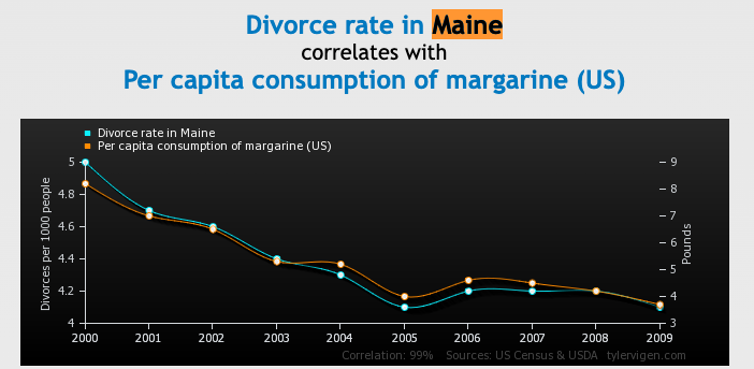
Nina Buday/Shutterstock
The recent spike in cases of sudden, severe hepatitis in children around the world has been widely reported. Recently, several news outlets have highlighted a possible link between cases and contacts with pet dogs. However, the data suggesting this link is extremely weak – in fact, probably a lot weaker than most of the alternative hypotheses that have been proposed.
The spike in hepatitis cases in children was first noticed in the UK, but has now been reported in Europe, Asia and the Americas. Although the numbers worldwide are still very low, the disease has been severe and some children have needed a liver transplant. At least 11 children have died, and there are suggestions that it may continue for some time.
Hepatitis in humans is normally caused either by toxicity, such as alcohol, or by infections with one of several different viruses. However, none of the usual viruses have been identified in these children.
The UK Health Security Agency (UKHSA), the agency responsible for public health protection in the UK, is working to find the cause of the disease so that it can be effectively controlled and treated.
Dog exposure
In a recent briefing paper, the agency reported a high number of “dog exposures” in these cases of severe childhood hepatitis. However, before parents stop their children from going near their family dog, it’s worth looking at the results in detail.
The UKHSA found that 70% of patients (64 of 92, where data was available) were from dog-owning families or had “other dog exposures”. Yet 33% of households in the UK own dogs, and many more children from non-dog-owning households will be exposed to dogs when they visit or play with their friends. Seventy per cent exposure to dogs may be completely normal.
To suggest a link, it’s important to show not only that exposure to dogs in patients is high, but that it’s higher than in unaffected children. Until that’s checked in what’s known as a case-control study, any link is nothing more than a suggestion.
A second problem with the data is that if you ask enough questions, there’s a strong probability that the answers to one or more questions may seem linked to cases.
Where we collect very large amounts of data retrospectively, this kind of spurious association can easily occur. In fact, there’s a website devoted to collecting them. Here’s an example: the divorce rate in Maine between 2000 and 2009 seems to be strongly linked to per capita margarine consumption.

Tyler Vigen
The important point about links identified by retrospective data is that they are hypotheses. They always need to be checked by collecting further data around new cases. If the link is real, it will continue to show up in new data. If it’s spurious, it won’t.
One of the associations on the spurious-correlation website shows another important problem. Between 2000 and 2009, per capita cheese consumption in the US appears to be linked to deaths as a result of becoming tangled in bedsheets.
It’s actually not hard to think that this might happen as a result of cheese-induced nightmares. The fact that we can think of a mechanism underlying the link gives us more confidence that it might be true, even if the mechanism is quite far-fetched. We tend to put more weight on associations where we can think of a reason, even when the evidence is poor.
So what are the possible causes of the spike in hepatitis cases in children, and might any of them be linked to dogs? One virus in particular, an adenovirus, has been detected in the blood of 72% of patients tested (for comparison, SARS-CoV-2 was detected in only 18%).
Where it was possible to identify the type, it was found to be adenovirus 41 (Ad41), a human type normally causing diarrhoea in children. Although dogs have their own adenoviruses that cause respiratory disease or hepatitis, they are not known to infect humans, and Ad41 has no known association with dogs.
The cases in children don’t suggest that infection is passing between children – there are too few cases, too widely distributed for that. Equally, the distribution of cases doesn’t suggest that this is a novel virus being transmitted from dogs to children. Cases have appeared in other countries much faster than a dog virus would spread between dogs.
Possible causes
Are there other possible causes? It has been suggested that the severity of the hepatitis is a result of the immune system working incorrectly – either too strongly or not strongly enough. Social distancing during the pandemic has reduced the transmission of a whole range of diseases, and a lack of exposure to them may have left some children unprepared for infections that normally wouldn’t cause a problem.
Equally, the lack of exposure to dirt as a result of handwashing, sterilising surfaces and other hygiene measures may have predisposed children to over-reactive immune responses (as has been suggested for allergic diseases), and the hepatitis may be caused by the immune response rather than a virus. Finally, and not surprisingly, it’s been suggested that previous COVID infections may have predisposed children to hepatitis.
All of these are no more than theories at the moment, and the available data is insufficient to prioritise any of them or to use them to suggest control measures. Fortunately, the incidence is still extremely low, and until there is better data parents should probably concentrate more on keeping an eye out for any symptoms in their children than on reducing their exposure to dogs.
![]()
Mick Bailey does not work for, consult, own shares in or receive funding from any company or organisation that would benefit from this article, and has disclosed no relevant affiliations beyond their academic appointment.
























